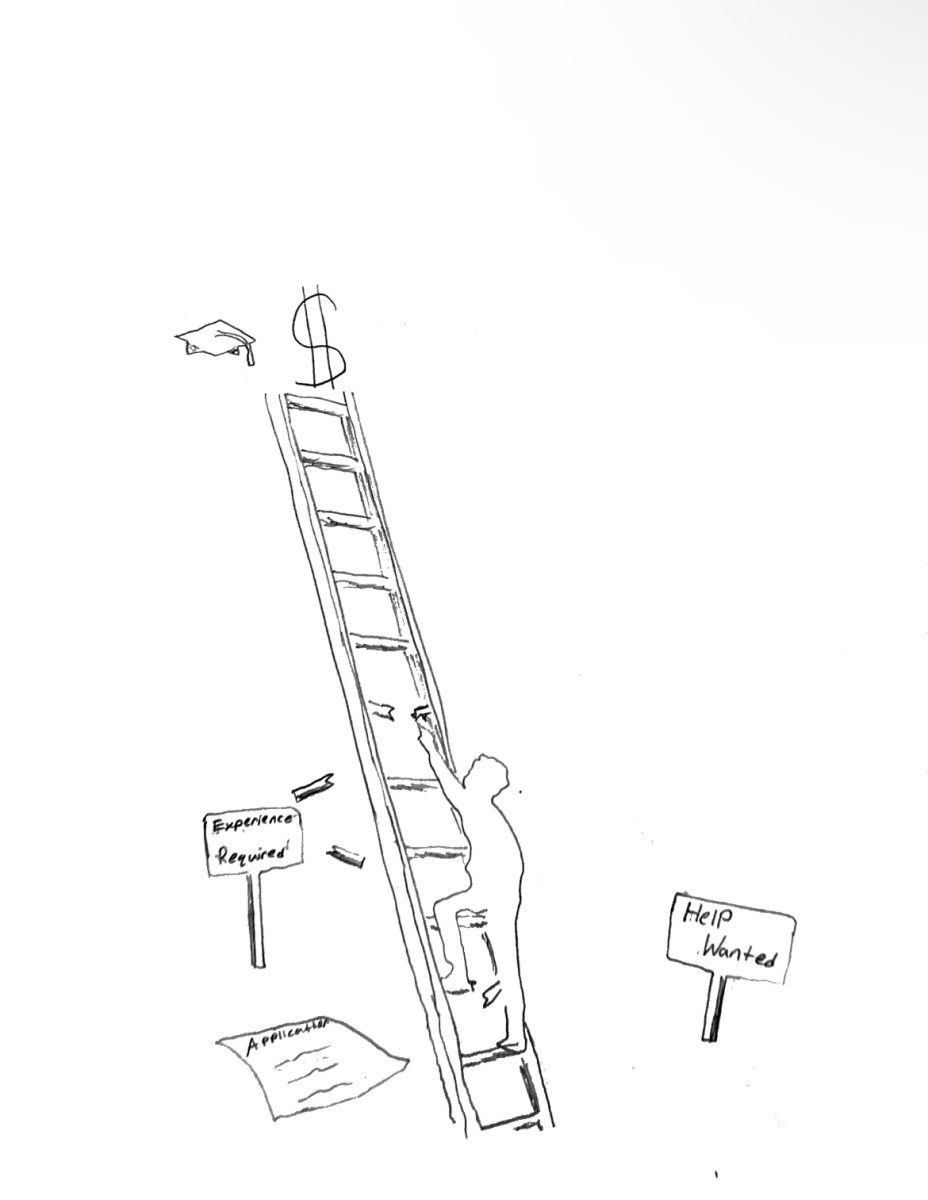It’s everywhere—celebrities with overgrown personalities, commercials featuring groups of friends having a great time, projects forcing us to collaborate with our classmates or give a presentation to the class.
Our society prefers extroverts: The more personable you are, the more fun you have and the more successful you are. Introverts feel pressure to be outgoing, no matter their natural social tendencies. At school, students are graded on their vocality and not enough on their ideas, promoting loudness instead of thoughtfulness.
Introverts just don’t fit in at Redwood. According to Susan Cain, an author famously known for her book, “Quiet: The Power of Introverts in a World That Can’t Stop Talking,” Western society values extroverts more than introverts.
An introvert is defined as someone who derives their energy from being alone. Being an introvert doesn’t keep me from hanging out with my friends, but it means that it’s nearly impossible for me to go days straight without being by myself for at least a few hours.
And I’m not the only one. According to Cain, a third to a half of the entire population are introverts. As an introvert, I have felt the societal pressure to be outgoing. I feel like I’m missing out on the weekends when I don’t see tons of people, even though sometimes I’d rather just stay home.

In the classroom, I have to constantly remind myself to be an active participant or else I’ll just sit and listen to others’ ideas, only jumping in when there is something especially pertinent to say. While to me it seems fine to keep my thoughts to myself, many teachers have a different opinion.
Classrooms don’t help introverts feel more accepted. Many teachers grade based on participation—the more you talk, the better you do. It feels like even our teachers, who are supposed to encourage us to become our best unique selves, are forcing us to become, or at least act like, extroverts.
Group projects are overwhelmingly busy. Class presentations are incredibly stressful. These teaching tactics don’t help introverts grow; they just terrify us.
A lot of people argue that forcing participation in classrooms is the best way to prepare students for real life. They argue that we will have job interviews and will need to be able to communicate our feelings.
However, according to Susan Cain, introverts are the best kind of leaders because they allow people to run with their ideas. Besides this, interviews are one-on-one conversations, not presentations—they may be stressful, but they’re doable.
Introverts are a necessary part of society. Many bring creativity to the world. When oppressed, we as society will lose out.
Einstein, Gandhi, and Lincoln were all introverts, according to the Huffington Post. Imagine what our world would be like today if they had allowed themselves to be suppressed by the system we now live in. Introverts won’t succeed if they are forced into situations not fit for them. If we continue silencing introverts, geniuses will fade away.
We don’t need to be loud to be successful, contrary to what many people believe. There are many jobs that do not require an outgoing personality.
Anybody can be an introvert. So why are they seen so negatively? Why is it so taboo to be alone?
At school, there is hardly anybody at a lunch table by themselves, enjoying peace and quiet. Acceptance means friends, so even the shyest of students feel the need to be constantly surrounded by people.
This pressure is being felt all across America. We are raised to believe that extroverts are the key to society—that constant socialization equates success. The idea of living life alone seems daunting to many, and to some, may be the scariest idea imaginable.
And while socializing is important, introverts succeed when they’re in their element, a quiet environment. This opportunity is not given to them in the same way that it is for extroverts, causing an imbalance and unfairness between the two.
Classrooms need to be sensitive to the different types of learning. Some students need quiet and some need noise. Everybody should have the opportunity to flourish in the environment for which they are best fit.
Introverts think before they speak, according to ED News Daily. They prefer to listen to other people’s opinions and jump in when they have a piece of insight they want to share.
According to the Collegiate Times, introverts tend to think through ideas and plans while extroverts are more rash and impulsive. You would think this would be a value in any society. Yet introverts are still treated inferiorly.
Changing the stigma of introvertedness begins in the classroom. Teachers should give students an opportunity to write down what they think as opposed to saying it in front of 25 people. This way, everybody can participate in their own way.
There shouldn’t be grades based on participation, especially in mandatory classes. Classes that teach public speaking skills should either be electives, or not graded. There should be grades based on ideas, and teachers need to understand that not every student can speak out and be loud. It’s time to stop forcing introverts to pretend to be outgoing and accept and appreciate the power of silence.






